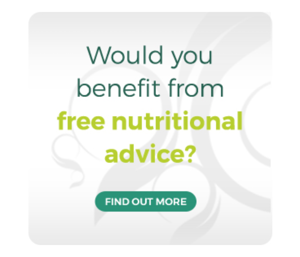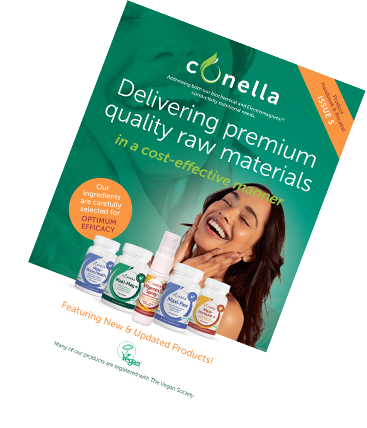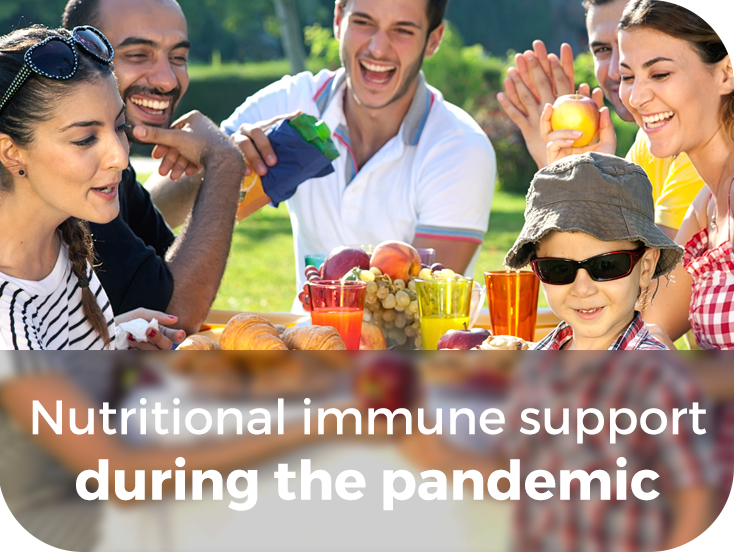 We are living in the strangest and unprecedented times, and while the pandemic continues to unfold, more and more people are reviewing nutritional ways to optimise their immune function.
We are living in the strangest and unprecedented times, and while the pandemic continues to unfold, more and more people are reviewing nutritional ways to optimise their immune function.

Customer satisfaction Reviews
Customer satisfaction Reviews
Blog
We dedicate these blogs to everyone who holds an inner wish to obtain true self-empowerment and optimum health and enlightenment. We hope these in some part will aid you on your journey to discovering the rewards of optimum health.It's our belief that the fundamentals of maintaining optimum health are the birth right of all living creatures on our planet. Unfortunately many of the simple, more cost effective methods of supporting optimum health are currently being denied from the masses. Therefore it's our desire that these blogs are made freely available to everyone who holds a keen interest in supporting their own health or the health and wellbeing of others.We hope you enjoy the journey of self-discovery contained within them and remain ever ready to support you on your journey in any manner we can.
- 2022
- 2021
- 2020
- 2019
- 2018
- 2017
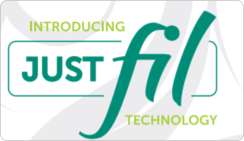
The Justfil logo indicates that the product has not had any artificial colours or additives added to them in the encapsulation process. However, on rare occasions there might be some compound additive ingredients within the production of the original raw material, these are clearly indicated on the product label.
 We are living in the strangest and unprecedented times, and while the pandemic continues to unfold, more and more people are reviewing nutritional ways to optimise their immune function.
We are living in the strangest and unprecedented times, and while the pandemic continues to unfold, more and more people are reviewing nutritional ways to optimise their immune function.
Can Face Masks Be Effective in Protecting Against Covid-19?
11 August 2020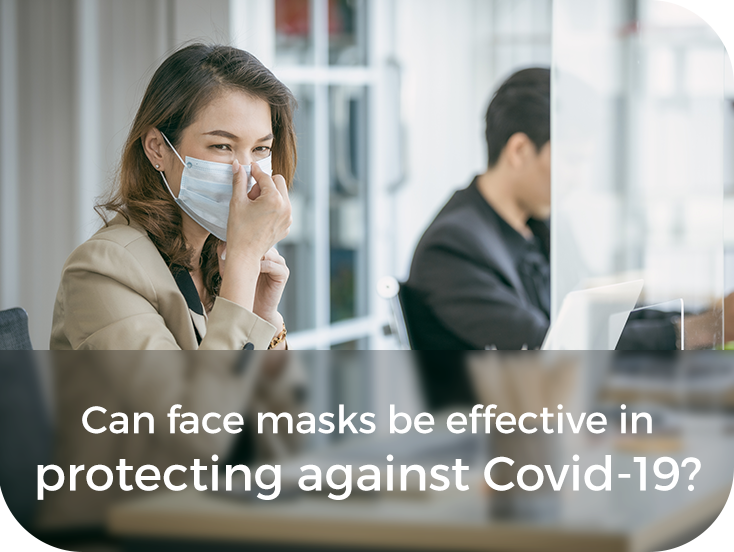 Can face masks be effective in reducing transmission?
In light of the covid-19 pandemic, the debate surrounding face masks and their efficacy in reducing the transmission of diseases has once more reared its head. With regards to how helpful or otherwise these may be, it’s difficult to give a definite answer, especially considering that not even health agencies are in agreement on this.
Can face masks be effective in reducing transmission?
In light of the covid-19 pandemic, the debate surrounding face masks and their efficacy in reducing the transmission of diseases has once more reared its head. With regards to how helpful or otherwise these may be, it’s difficult to give a definite answer, especially considering that not even health agencies are in agreement on this.

